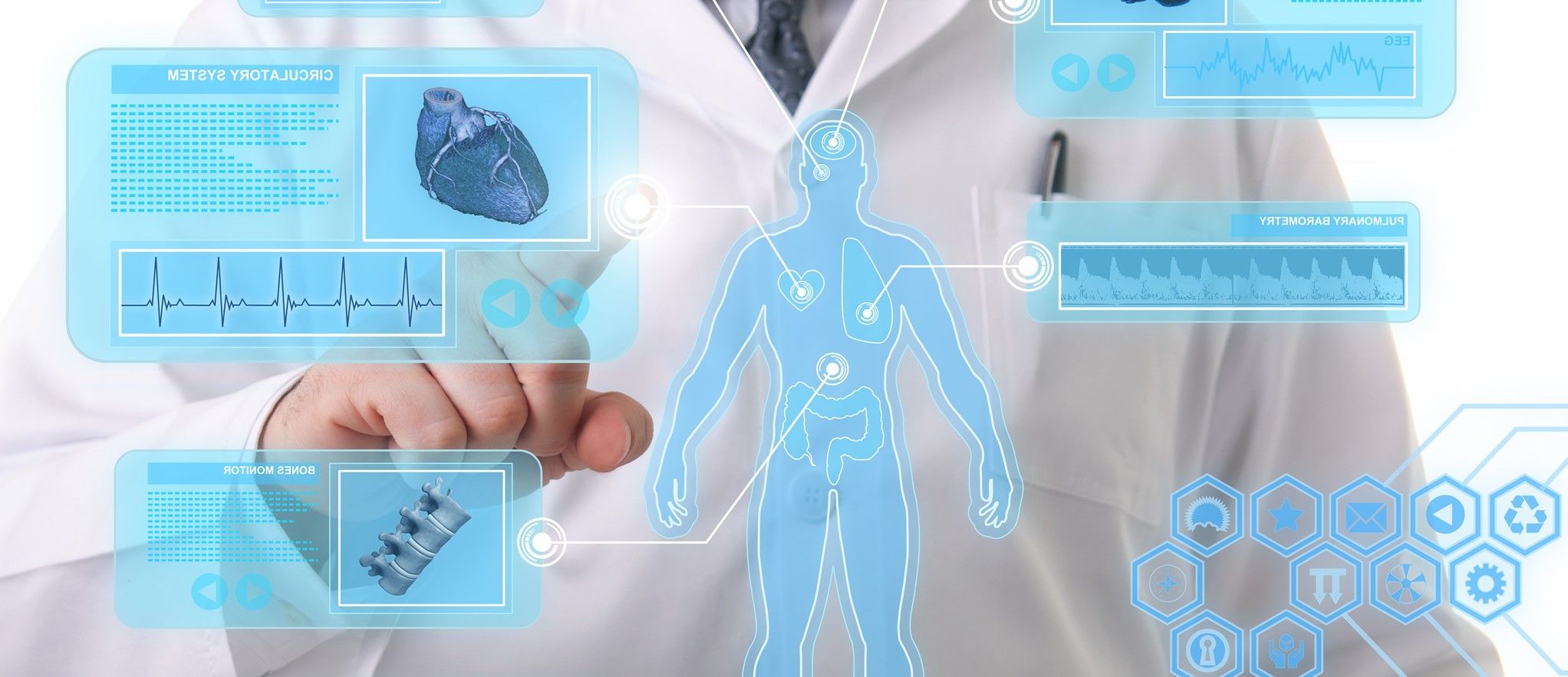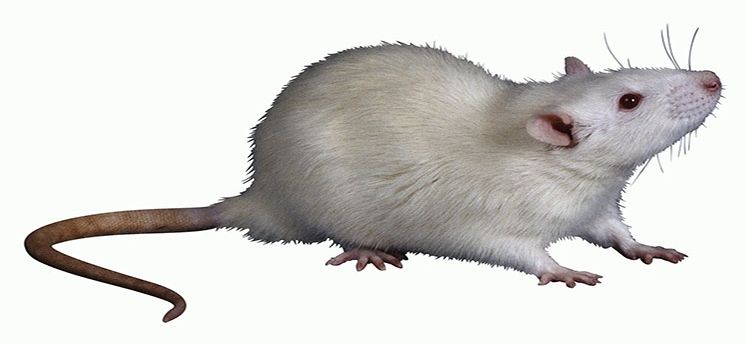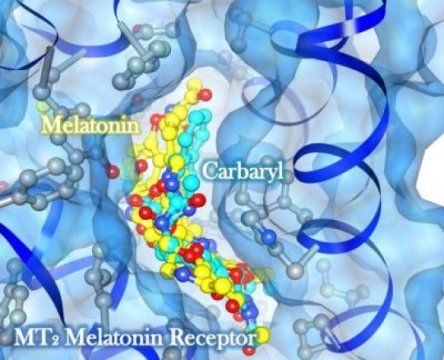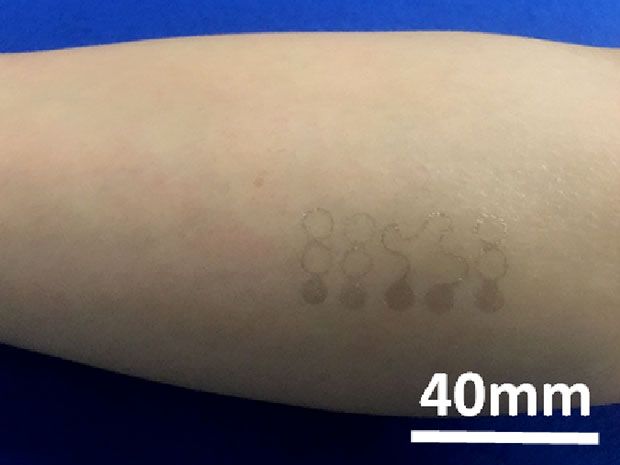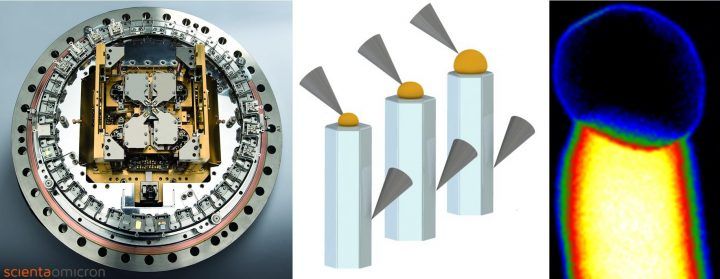Archive for the ‘health’ category: Page 373
Jan 23, 2017
Living longer in a decrepit body would be bad
Posted by Nicola Bagalà in categories: health, life extension
Answers to rejuvenation objections #1: The Tithonus Error.
We certainly agree on this one! Living longer when your body keeps falling apart would suck big time, but that is not what rejuvenation is about. In fact, it is about preventing that from happening, in the short and long runs alike.
I probably have made the above concept clear enough on the website as a whole, but then again dealing with it separately in the objections section may be a good idea. In case anyone hasn’t read the explanations on ageing and rejuvenation first and jumps directly to the answers to objections, they might not get the full picture and think we’re just trying to make people live longer without curing them of the ill health of old age.
The concern of more life in a sicker body is well illustrated by the greek myth of Tithonus. In short, Tithonus was a mortal who was in love with Eos, the titan of the dawn. She fancied him back, but they had a problem: As a deity, she was immortal, but Tithonus was not. One day he’d give up the ghost and their idilly would be broken. Thus, Eos pleaded with Zeus to make Tithonus immortal as well. Problem solved, right? Yeah, not really.
Continue reading “Living longer in a decrepit body would be bad” »
Jan 20, 2017
8 people infected in rare U.S. outbreak of rat virus
Posted by Karen Hurst in categories: biotech/medical, health
Eeek.
(HealthDay)—Eight people who worked at several rat-breeding facilities in Illinois and Wisconsin have been infected with a virus not commonly found in the United States, federal health officials said Friday.
This is the first known outbreak of Seoul virus associated with pet rats in the United States, although there have been several outbreaks in wild rats, according to the federal Centers for Disease Control and Prevention.
Continue reading “8 people infected in rare U.S. outbreak of rat virus” »
Jan 20, 2017
Researchers Find New Communication Pathway Of Cells To Smartphones, Electronic Signals
Posted by Karen Hurst in categories: health, mobile phones
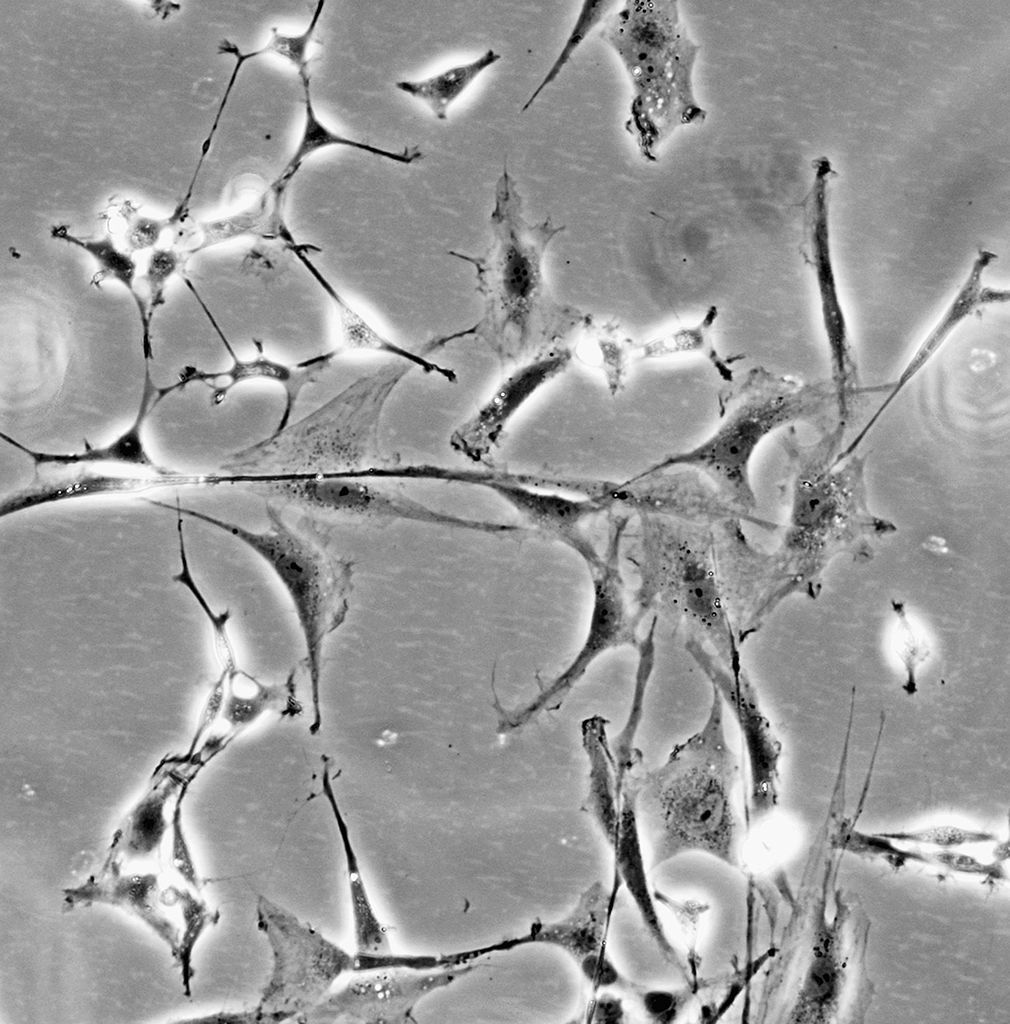
A new study came up with a new way to reprogram cells in order to recognize electronic signals which can allow these cells to be connected to a smartphone for better health tracking. Read more here.
Jan 20, 2017
By 2030, Hospitals May Be a Thing of the Past
Posted by Shane Hinshaw in categories: biotech/medical, genetics, health, nanotechnology, robotics/AI
In Brief:
- Predictions from the co-chair of the World Economic Forum’s Future Council, Melanie Walker, say we’ll soon enter a post-hospital world due to advances in personalized medicine, health monitoring, and nanotechnology.
- New and evolving technologies in medical science convince Walker we’ll live in a society not dependent on hospitals by 2030.
As the world of medicine is increasingly changed by biology, technology, communications, genetics, and robotics, predicting the outlook of the next few decades of medicine becomes harder. But that is exactly what Melanie Walker of the World Economic Forum does, and she predicts a bright new future for healthcare.
Jan 20, 2017
A New Device Could Make Memory Implants a Reality
Posted by Klaus Baldauf in categories: biological, health, mathematics, neuroscience
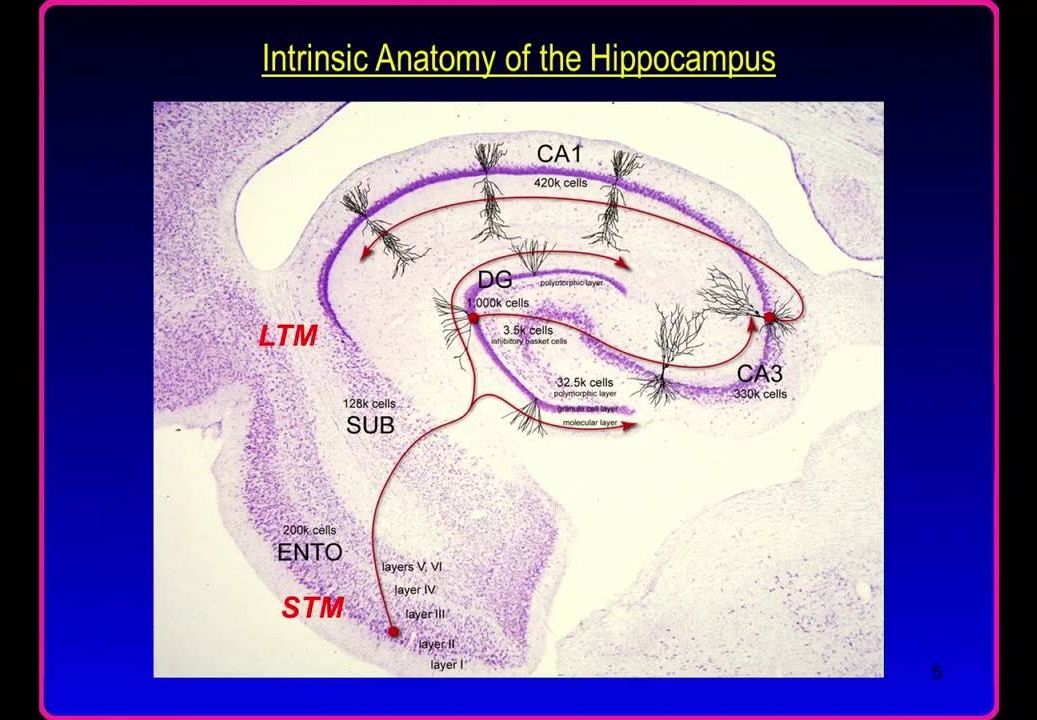
In Brief
- By mimicking the way neurons fire in the hippocampus during natural memory creation, a brain implant was used to successfully plant memories in the brains of rats.
- Though human implementation is far off, this breakthrough in cracking the hippocampus’ mathematical “memory code” has very important implications for health and research.
Memories are the faintest, most ethereal wisps of our neurophysiology — somehow, the firing of delicate synapses and the activation of neurons combine to produce the things we remember. The sum of our memories make us who we are; they are us, in every way, and without them we cease to be.
Continue reading “A New Device Could Make Memory Implants a Reality” »
Jan 20, 2017
Insecticides mimic melatonin, creating higher risk for diabetes
Posted by Karen Hurst in categories: biotech/medical, computing, health, information science
Synthetic chemicals commonly found in insecticides and garden products bind to the receptors that govern our biological clocks, University at Buffalo researchers have found. The research suggests that exposure to these insecticides adversely affects melatonin receptor signaling, creating a higher risk for metabolic diseases such as diabetes.
Published online on Dec. 27 in Chemical Research in Toxicology, the research combined a big data approach, using computer modeling on millions of chemicals, with standard wet-laboratory experiments. It was funded by a grant from the National Institute of Environmental Health Sciences, part of the National Institutes of Health.
Disruptions in human circadian rhythms are known to put people at higher risk for diabetes and other metabolic diseases but the mechanism involved is not well-understood.
Jan 20, 2017
Thinnest-ever electronic tattoos are capable of precision health monitoring
Posted by Karen Hurst in categories: biotech/medical, computing, health, mobile phones, wearables
The graphene temporary tattoo seen here is the thinnest epidermal electronic device ever and according to the University of Texas at Austin researchers who developed it, the device can take some medical measurements as accurately as bulky wearable sensors like EKG monitors. From IEEE Spectrum:
Graphene’s conformity to the skin might be what enables the high-quality measurements. Air gaps between the skin and the relatively large, rigid electrodes used in conventional medical devices degrade these instruments’ signal quality. Newer sensors that stick to the skin and stretch and wrinkle with it have fewer airgaps, but because they’re still a few micrometers thick, and use gold electrodes hundreds of nanometers thick, they can lose contact with the skin when it wrinkles. The graphene in the Texas researchers’ device is 0.3-nm thick. Most of the tattoo’s bulk comes from the 463-nm-thick polymer support.
The next step is to add an antenna to the design so that signals can be beamed off the device to a phone or computer, says (electrical engineer Deji) Akinwande.
Continue reading “Thinnest-ever electronic tattoos are capable of precision health monitoring” »
Jan 19, 2017
New research helps to make the most of nanoscale catalytic effects for nanotechnology
Posted by Karen Hurst in categories: energy, engineering, health, nanotechnology
Research by scientists at Swansea University is helping to meet the challenge of incorporating nanoscale structures into future semiconductor devices that will create new technologies and impact on all aspects of everyday life.
Dr Alex Lord and Professor Steve Wilks from the Centre for Nanohealth led the collaborative research published in Nano Letters. The research team looked at ways to engineer electrical contact technology on minute scales with simple and effective modifications to nanowires that can be used to develop enhanced devices based on the nanomaterials. Well-defined electrical contacts are essential for any electrical circuit and electronic device because they control the flow of electricity that is fundamental to the operational capability.
Everyday materials that are being scaled down to the size of nanometres (one million times smaller than a millimetre on a standard ruler) by scientists on a global scale are seen as the future of electronic devices. The scientific and engineering advances are leading to new technologies such as energy producing clothing to power our personal gadgets and sensors to monitor our health and the surrounding environment.
Jan 19, 2017
Will synthetic biology help us to eliminate age-related diseases?
Posted by Steve Hill in categories: bioengineering, biotech/medical, chemistry, computing, genetics, health, life extension
A quick look at synthetic biology and its potential for health and treating age-related diseases.
All living organisms contain an instruction set that determines what they look like and what they do. These instructions are encoded in the organism’s DNA within every cell, this is an organism’s genetic code (or “genome”).
Mankind has been altering the genetic code of plants and animals for thousands of years, by selectively breeding individuals with desired features. Over time we have become experts at viewing and manipulating this code, and we can now take genetic information associated with the desired features from one organism, and add it into another one. This is the basis of genetic engineering, which has allowed us to speed up the process of developing new breeds of plants and animals.
Continue reading “Will synthetic biology help us to eliminate age-related diseases?” »
